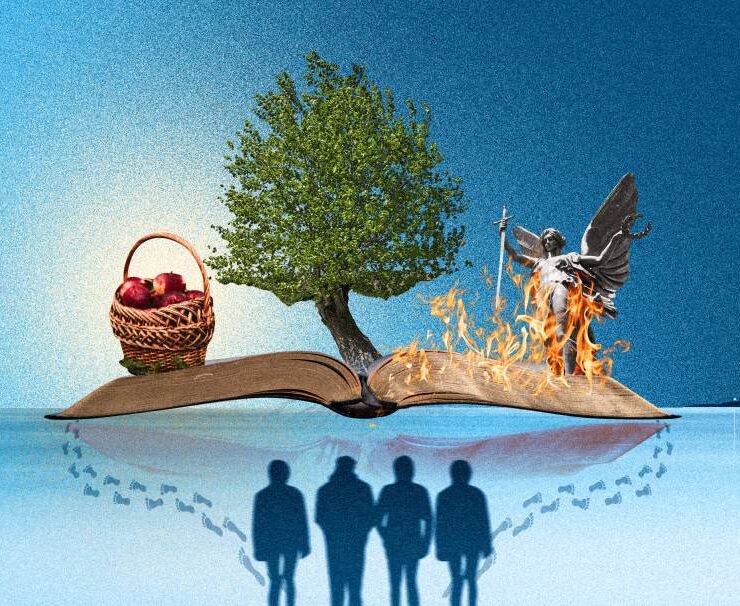The culmination of the Christmas season

Jan. 5—The Epiphany of the Lord
Readings: Isaiah 60:1-6; Psalm 72, R. Lord, every nation on earth will adore you.; Ephesians 3:2-3a, 5-6; Gospel—Matthew 2:1-12
The Feast of the Epiphany completes the Christmas season. Rather than the ending of Christmas, it is a culmination. This will be the first point for reflection.
Our two other points are two symbols often associated with the feast, the Three Kings and the star.
The Epiphany as the culmination of the Christmas Season can best be described, as one writer put it, as the onset of awareness of the revelation of God’s Word and Love.
“Epiphany” means to make manifest, in a way that the experience or encounter is a moment of enlightenment and realization.
This was the moment in the manger, not just to the Three Kings but also to the shepherds who first visited the child, a moment described as “Glory to God in the highest and on earth peace to men and women of goodwill.” (Luke 2:14)
At the moment of the Three Kings’ visit, the divine manifested to them “and on entering the house they saw the child with Mary his mother. They prostrated themselves and did him homage.” (cf. Matthew 2:1-12) Then they offered him gifts fit for a king.
All these are moments of awareness and realization that the divine is in our midst, our God is with us.
This is a grace we can pray for today as we observe the Feast of the Epiphany, that we may always have an awareness of the presence of God in our day-to-day life, in the ordinary moments of life.
The Three Kings, which is what this feast was also known as in earlier times and still is in some places where they truly celebrate this as the culmination of Christmas, represents the universality of the church.
Inclusive community
The feast is a manifestation of Jesus, the Savior, to the gentiles represented by the kings. Going deeper into the universality of the church, it is a moment of the church revealing itself as an inclusive community.
This is a relevant reminder to us as we live through times of so much division and discord. It is a reminder that Pope Francis constantly echoed in his call for solidarity and fraternity.
We must renew the universality and inclusivity of the church as truly among men and women of goodwill, to include and embrace the marginalized sectors of humanity.
The Pope mentioned some of them in his Bull of Indiction of the Jubilee Year of Hope. Aside from the poor, he mentioned the elderly, the people deprived of liberty, and even the youth who are living through very challenging times.
This is the message of the feast, to borrow St. Augustine’s words, “ever ancient, ever new.”
Finally, the star, which set the Three Kings out on their journey, guided them and led them to the child in the manger, to Jesus, the manifestation of the divine in human form.
I end with an “age-old” favorite Argus poster (for those who remember from 40+ years ago these posters) that used to hang along the main corridor of the Sacred Heart Novitiate: “Dreams are like the stars. We may never reach them, but they are always there to guide us.”
Our dreams, our stars, perhaps we will never reach, because like John the Baptist and all holy men and women, all men and women of good will, they will lead us to Jesus—the child Jesus in the manger, the manifestation of the divine, our destiny.





















